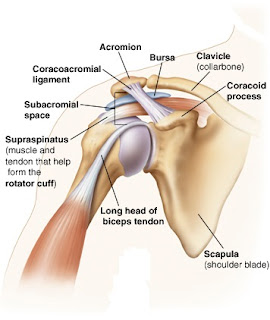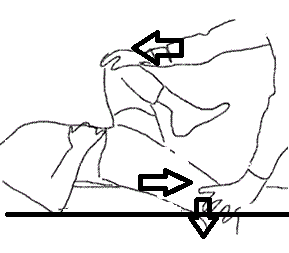What does ageing mean to you?
Part-I
What comes to your mind first when you hear the word “elderly”?
A stooped posture, wrinkled skin, aching knees, graying hair, a stick to carry
yourself onto, slurred speech, forgetfulness, loneliness or death?
How you define ageing is your perception of looking at it. Unfortunately,
most of us imagine ageing as growing towards death and losing everything you
earned along the way one asset at a time (which is true in most cases). Our society
has been looking at growing old mostly in a negative way. And the reason behind
believing that you cannot teach old men new tricks is a restricted way of
thinking which is confined to thinking what society continued to think over
decades. This negativity eventually causes the person who is ageing somehow end
up negatively (even if he desired positivity) because of lack of awareness
about growing old and as a result society imposing continuous pressure of
ageing. No, it’s not that simple but do not need to be that complicated as
well.
Ageing consists of several components being physical,
emotional and social ageing.
Physical ageing: as the name suggests, the physical ageing
simply means how a person’s body ages. What are the changes that takes place
with each passing day in the lives of elderly? Changed metabolism, weakening
muscles, fragile bones, greying hair, wrinkled scaly skin, stooped back, weakening
vision, altered balance, deteriorating cognitive changes and more. All these
changes normally happens in the body of an ageing person, but the extent of
change depends on the fitness quotient of the person who is ageing. Some might
have been leading a healthy life with regular exercise, proper nutrition and
physical activity. For them it becomes easy to cope up with the bodily changes.
In a country like India, there are very few elderly who age healthy and are
able to fight these debilitating changes. Most of them fight hunger, poverty
and basic enmities and hence age rather terribly.
Mental ageing: this can be looked at positively and negatively
depending on the perception of the elderly and people around him/her. A positively
ageing person once described himself to me as “free of all duties and living
life with no more stress of fighting the rat race.” While, a negatively
inclined person described ageing as “not being able to achieve anything
anymore.” Loneliness, feeling of being left out, disappointment with life,
dissatisfaction are some of the common terms that I heard while speaking to
some of the elderly about their perspective of ageing. These descriptions apparently
tells how ageing affects mental health of an individual. There are some
neurological changes, most common of them being dementia that also contributes
a lot to mental health deterioration due to forgetfulness and cognitive changes.
Social ageing: this is how society tells you that you are
ageing. The retirement age in India ranges between 60-62 years (recently
increased to 62 by 2018) which makes India to have one of the lowest retirement
age in the world. A person might be physically and mentally fit to continue
working but the society demands him to take a retirement at the specific age. Which
has led to increased dissatisfaction with life. As told by most of the elderly “I
wanted to do more in life”, “I still want to do something to make a living”, “I
can still continue working”, “I am capable enough to continue my work”.
There’s a growth in elderly population which makes it
important for us to first:
1.
Learn what is ageing
2.
Highlight the issues faced by elderly around us
3.
Finding a solution
The awareness about the changes in the lives of elderly and
issues that they face needs to be spread not only among the elderly for them to
identify their problems but among citizens of different age groups from youngsters
to middle-aged people so that we can help in whatever possible way we
individually can and to understand what they go through. Most of the problems
that elderly face are external, i.e. someone else being responsible for the
condition from health to financial crisis. That is why it becomes more
important for all age groups to identify the needs and problems of elderly so
that you are not the one causing harm to your own parents or grandparents (knowingly
or unknowingly).




Comments